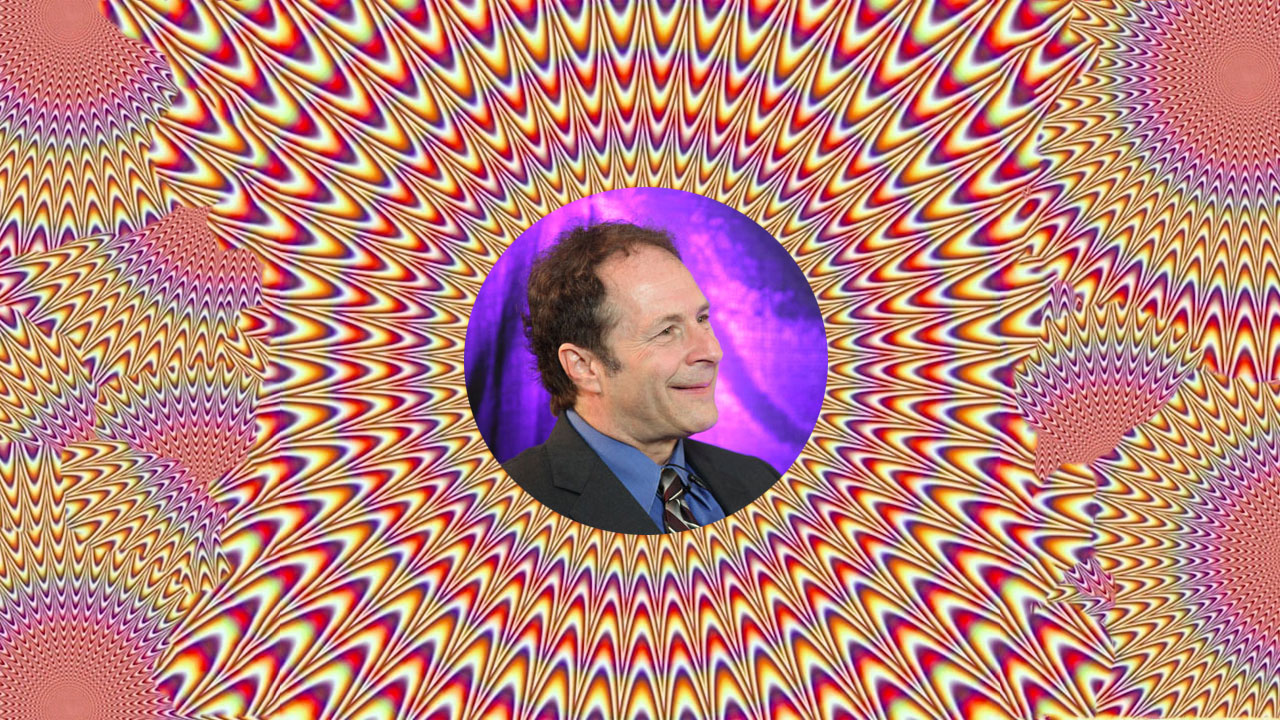Yesterday marked a major milestone for experimental psych advocates, aging hippies and rave kids alike: a meeting was held at the Pentagon to discuss legitimizing MDMA for use in psychotherapy.
Rick Doblin, founder of the non-profit Multidisciplinary Association for Psychedelic Studies (MAPS), was invited to make a case for MDMA-assisted psychotherapy in treating PTSD victims. If all goes well, this could lead to military-permitted clinical trials, and, ultimately, legal MDMA- assisted therapy treatment for a disorder suffered by 7.8% of Americans.
There have already been several studies showing that MDMA (the main ingredient in Ecstasy) can drastically benefit those with PTSD — from war veterans to Firemen to assault victims. MAPS has already studied thirteen PTSD patients, and have found that, in conjunction with “unstructured” talk therapy, their symptoms are diminished to the point of being able to return to work again.
“People actually remember more of the trauma under MDMA,” Doblin told Wired. “It doesn’t just obliterate the memory in this Ecstasy-like haze.”
For Doblin, who was raised in the countercultural movement of the 60s and still enjoys taking psychedelics recreationally, the fact that the military is even considering this is a huge sign of progress:
In the 60s, society went in two directions: There was psychedelics and marijuana and anti-war protestors, and there was alcohol and beer and pro-Vietnam supporters. But now the war on drugs is losing steam, and the culture is coming together again after 45 years.


